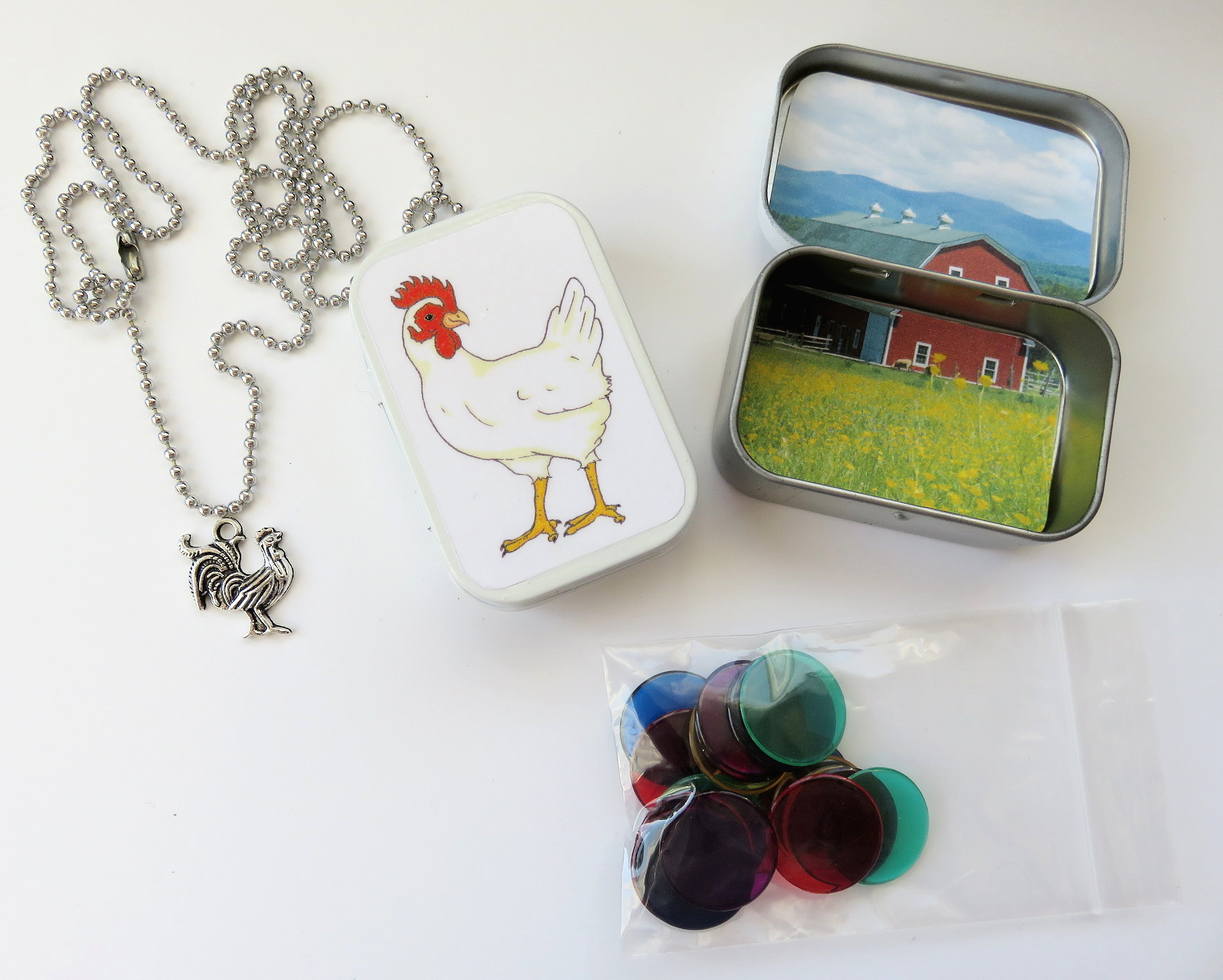 Aspergillosis & Coconut Oil Aspergillosis & Coconut Oil |
 Aspergillosis Voriconazole Aspergillosis Voriconazole |
 Dende Palm Fruit Oil Dende Palm Fruit Oil |
 Vionate Vitamin Powder Vionate Vitamin Powder |
 Rune's Eye Surgery Rune's Eye Surgery |
 Outside Farewells... Outside Farewells... |
 The Month in Photos! The Month in Photos! |
 Majestic Newcomer! Majestic Newcomer! |
 Gift Keepsakes for Animal Lovers Gift Keepsakes for Animal Lovers |
 Majestic Gift Shop Majestic Gift Shop |
 Majestic Sponsorships Majestic Sponsorships |

To Make a
Donation, please click here: Donation

Please Help Today!

Visit Majestic on Facebook
For lots of
photos and updates as they happen! This is where you can see and
hear all the latest news FIRST!
Outside Farewells...

Pidgey, we feel like we knew you from a whole coast away. You were so blessed to have your Momma and she so blessed to have you...

Peekachoo, from the moment you arrived at our sanctuary to the moment of your adoption to one of our dearest friends, you have been a shere joy in our lives. Wish it could have been longer, baby girl. You are so loved and so dearly missed...
The Month in Photos!

This is my Moose face

A hug from Oz!
Majestic Newcomer!

Welcome Oz the Great & Powerful!
Oz is a Pilgrim gander who was abandoned on our property. He is a very gentle and friendly gander who will climb right up onto our laps for a hug! Would Oz be a nice addition for your family flock? Predator proof pen required.
Gift Keepsakes

Visit our external website that features photos and descriptions of all of our Pet Keepsakes and Pet Memorial Care Packages.
These gifts are all customizable and are available in various donation levels to suit different budgets.
www.Petkeepsake.weebly.com
Please keep in mind, you still need to visit the Pet Memorial page of our own Majestic website in order to donate for yours.
Majestic
Gift Shop
Visit our Majestic Gift Shop for some fun Majestic items! Proceeds from the
shop benefit our sanctuary!
Lullaby Friends Mug:

Majestic Sponsorships!

Give the gift that keeps on giving! Please consider sponsoring
our rescued ducks and geese. Visit our Sponsorship Page to learn how!
*Sorry... Continental USA only.
Contact Us
Majestic Waterfowl
Sanctuary
17 Barker Road
Lebanon, CT 06249
directorATmajesticwaterfowl.org
Our Newsletter
The Majestic Monthly is published 12 times per year.
Previous issues are available in our
Archives.
|
Treating Aspergillosis with Coconut Oil--Truth or Myth?
As many of our Facebook followers are aware, Dejah Voo was diagnosed with aspergillosis and a bacterial infection early last month. As with Laddy (who survived a similar diagnosis three years ago), it was not respiratory symptoms that caught our attention, but rather neurological issues.
At first, it appeared as if Dejah was walking with a limp, but closer examination revealed that she was actually feeling a little unbalanced and trying to steady herself. A quick trip to the vet led to an early diagnosis. She is currently in our basement infirmary and responding well to her medications and twice a day nebulizer treatments.
When we announced Dejah's diagnosis, a few people reached out to us regarding the possibility of utilizing coconut oil to treat aspergillosis. Rumors that successful treatments were achieved merely through the use of coconut oil caught our ear and we thought we should investigate these stories.
In the end, our own research coincided with the advice of certified waterfowl veterinarians; and that is, that no evidence regarding the effectiveness of coconut oil in the treatment of aspergillosis currently exists. While coconut oil may have antifungal, antiviral and antibacterial properties that may be useful in the treatment of digestive issues, it is not known to be effective in respiratory issues (although research in this area may be explored in the future).
In those instances where people are claiming that coconut oil did the trick, it could actually be that aspergillosis was not reliably diagnosed by a certified lab. Another alternative is that the coconut oil was used in combination with other proven effective aspergillosis treatments that could alternately explain recovery.
Can it hurt to give your duck or goose coconut oil in an attempt to treat aspergillosis? As long as you are using it in combination with vet prescribed medications known for effectively treating aspergillosis, probably not. But then, the question of "what kind" and "how much" quickly fall into play.
The question of what kind of coconut oil quickly led us into extensive articles regarding laurica acid, capric acid, caprylic acid, MCT, C6, C8, C10 C12 and C14--WHAT?! If you don't know what any of these things are, don't feel bad because neither did we--and trust us, you don't need to know now either. Basically, all you need to know is, if you want to try this treatment, you should go to your local healthstore and purchase EDIBLE, raw, unrefined, virgin (made from the first pressing of fresh, raw coconut without the addition of chemicals), organic coconut oil. Avoid processed and filtered coconut oils (or MCT oils) that remove vital components or add unwanted ones.
Coconut oil is solid at room temperature. If you want to drizzle it over your pet's food, you'll need to melt it first by putting a small amount into a container and then floating that container in a cup or bowl of hot water; whereupon it will turn into a liquid very rapidly. Do not microwave!
Too much of a good thing is not necessarily a good thing. Coconut oil is a natural laxitive and can lead to bouts of diarrhea. If you're going to give this therapy a whirl, be careful to start out with a very small, single dose and increase slowly to see how your duck or goose reacts. Remember there is no recommended dosage for this therapy because it isn't actually proven to be effective. Even if it is effective, it could be that large enough doses are unacheivable due to potential side effects.
If you decide to add this strategy to your duck or goose's treatment plan, be sure to clear it through your vet first.
We decided that this natural superfood couldn't hurt Dejah Voo in her recovery and opted to drizzle a small amount (1/8 tsp) over her lettuce treats once a day, every other day. We can tell you that she doesn't seem to mind the flavor and eats every bit of her lettuce treats.

Click on the image to order yours today!
Aspergillosis and Voriconazole
Itraconazole (fungicide) is commonly prescribed for aspergillosis, but we've had bad luck with it as far as liver damaged in the past. As an alternative, we use Terbinafine (fungistatic) instead. It's much safer for the liver and stops the spread of aspergillus while the body's own immune system fights off the existing infection. Used in combination with nebulizer treatments of F10SC veterinary disinfectant (4 ml/l sterile water), this strategy has worked for us in the past.
This time around, and under vet direction, we are swapping out Dejah Voo's terbinafine capsules with voriconazole tablets for two weeks. Safer for the renal system than itraconazole, this fungicide should help attack the aspergillus more rapidly.
We will test Dejah's renal function and aspergillus levels at the end of this two week voriconazole dosing period to verify its safety and effectiveness. From there, we will select the safest and most reliable course of action as we proceed, keeping in mind that a quick recovery is better than a slow one, affording the fungus less time to cause permanent bodily harm.
Approximate cost comparatives:
1. Voriconazole 50 mg tablet (1 dose), cost per dose = $5.22
2. Terbinafine 25 mg capsule (1 dose), cost per dose = $2.65
3. Itraconazole 100 mg tablet (4 doses), cost per dose = $1.80
No matter which strategy you utilize, oral antifungal medication is administered, along with a nebulizer treatment, every 12 hours.
Immunity Boost with Dende Palm Fruit Oil
As part of her treatment regime, our vet suggested we boost Dejah Voo's immune system by supplimenting her with an additional source of vitamin A and E.
To achive this, we've been drizzling a small amount (1/8 tsp) of Dende Palm Fruit Oil over her lettuce once a day, every other day (alternating with the coconut oil).
Like coconut oil, it comes in a solid, waxy form. It can be rapidly liquified by putting a small amount into a container and then floating that container in a cup or bowl of hot water. Do not microwave!

Click on the image to order yours today!
Vionate Vitamin Powder
It worried us that in addition to Dejah Voo's aspergillosis, she tested positive for a bacterial infection (which is being treated with antibiotics). While it's likely that her aspergillosis affected her immune system and reduced her ability to fight off this natural infection, we opted to temporarily boost the immune systems of all of our sanctuary's guests as a precaution against whatever might be traveling downstream through our natural watercourse.
To achieve this end, we are currently adding Vionex vitamin powder to all of our sanctuary's food bowls. Increasing everyone's vitamin A and E intake will help boost their immune systems

If you would like to donate a canister of Vionate to our sanctuary, please click on the above image and have it shipped to: MWS, 17 Barker Road, Lebanon CT 06249
Please be sure to email us and let us know of your donation, so we can confirm when it arrives and thank you properly!
Rune's Eye Surgery
Our little newcomer Rune arrived with a missing eye, probably pushed in by a rooster in her pen. The continual weaping from her damaged tear duct was keeping her facial feathers wet on that side, which resulted in skin irritation that developed into a painful infection.
Upon examination, our vet determined that she should have surgery to remove the damaged tear duct along with any eye tissue that might be infected or pose the risk of infection.
Rune's surgery went extremely well. After clearing the site, our vet stitched her eyelids closed on that side to prevent risk of future infection. Her post surgical care included potent pain medication, anti-inflammatory medication and antibiotics. Once her dissolveable stitches fade away and she's had time to recover in our sun room, she will return back to our pens to join her new friends again--which should be in just a couple days.
We would like to thank EVERYONE who donated for Rune's surgery! You are all so amazing for helping us make this difference in her life that not only resolved her medical issues, but that most likely extended her life by removing the risk of a serious ocular infection.

Snoozing at our vet's office |

